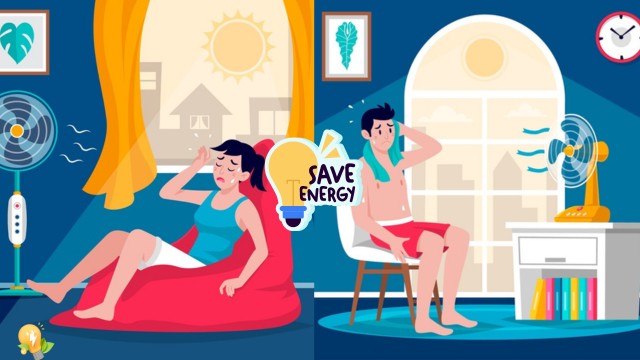
Are you looking for ways to save money on your electricity bills during the hot season? Look no further! Follow these simple rules of 3 Dos and 2 Don’ts:
The 3 Dos
Avoid Using Electricity During Peak Hours
It is advisable to refrain from using electricity during peak hours, which typically occur at 9:30, 11:30, 5:00, and 8:00. By doing so, you can contribute to energy conservation and maintain a stable power system. Using multiple electrical appliances during these times can overload the system and increase the risk of power outages.
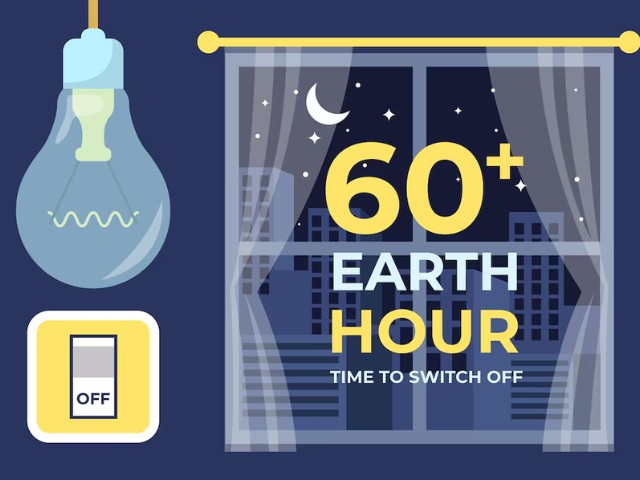
To reduce this risk and lower your electricity costs, it is recommended to limit the use of electrical appliances simultaneously during peak hours. You can choose to use these appliances at different times of the day or opt for energy-saving alternatives to reduce the strain on the power system and promote efficient energy usage.
Use Energy-Efficient Appliances
Investing in energy-efficient appliances is a smart and effective way to reduce your electricity consumption and monthly bills. When purchasing electrical appliances, look for those with energy-saving labels. For instance, LED bulbs are not only energy-efficient but also have a longer lifespan and provide natural lighting.

Energy-saving fans can reduce your household’s electrical load while providing a cool breeze during the summer. Inverter air conditioners are also a wise choice, as they consume significantly less electricity compared to conventional models. By using these appliances, you can not only save money but also positively impact the environment.
Minimize Standby Power
Reducing standby power is crucial for energy conservation. Contrary to popular belief, leaving appliances on standby mode does contribute to electricity consumption. In fact, it can account for up to 10% of your total electricity usage, resulting in unnecessary energy waste and higher electricity bills.
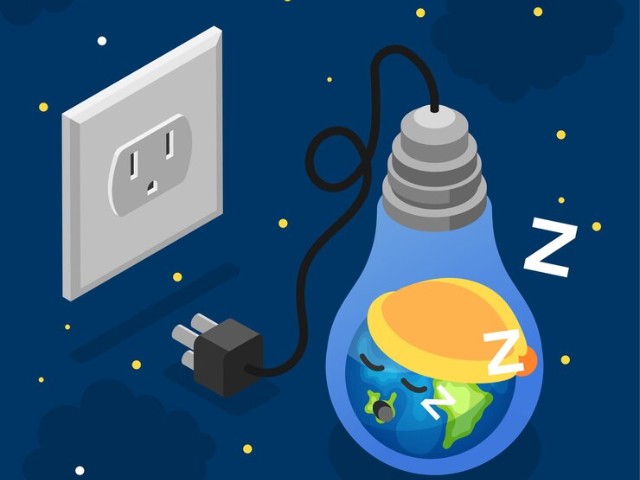
Therefore, it is advisable to turn off appliances completely when not in use for extended periods to minimize energy waste and save on electricity costs.
The 2 Don’ts
Don’t Use Multiple Electrical Appliances Simultaneously
During hot weather, refrain from using multiple electrical appliances at the same time to conserve energy. The simultaneous operation of multiple appliances can lead to a sudden spike in electricity consumption, resulting in significantly higher electricity bills. This is especially noteworthy during the summer when the use of air conditioners and other cooling devices is more frequent.
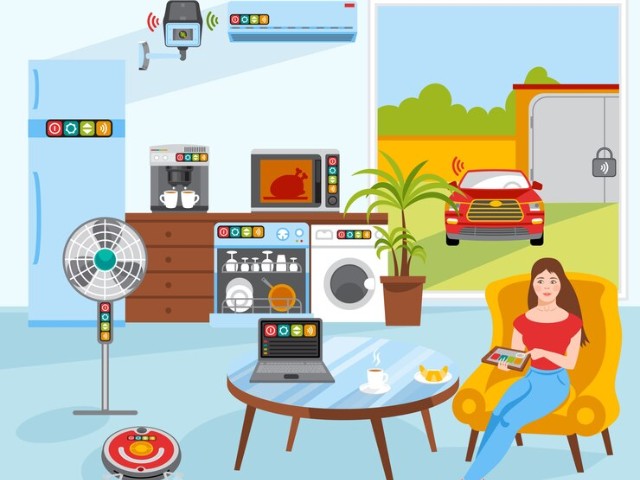
Limiting the use of multiple appliances simultaneously not only saves energy but also reduces the strain on the power grid and lowers the risk of power outages. Therefore, during hot weather, it is essential to manage and distribute energy intelligently to save costs and protect the environment.
Don’t Set Your Air Conditioner to a Very Low Temperature
Setting your air conditioner to a very low temperature will result in increased operation and higher electricity consumption. Instead, opt for a moderate temperature setting. A temperature range of 26-28 degrees Celsius is ideal for creating a cool and comfortable environment without significantly increasing your electricity costs.
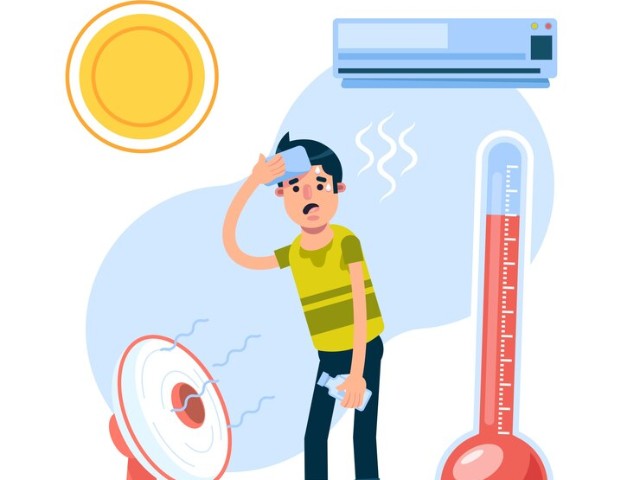
By doing so, you can save energy and reduce the strain on the power system, ensuring that your air conditioner functions efficiently over an extended period.
Should You Run Your Air Conditioner With Low Voltage?
“Unstable power sources make it challenging to use electrical appliances, especially those that are power-hungry. Is it advisable to run air conditioners when the power supply is unreliable? This is a pertinent question that many face, especially during periods of unpredictable power availability. It’s a delicate balance between staying cool and comfortable versus managing energy usage to avoid potential electrical issues.”



































